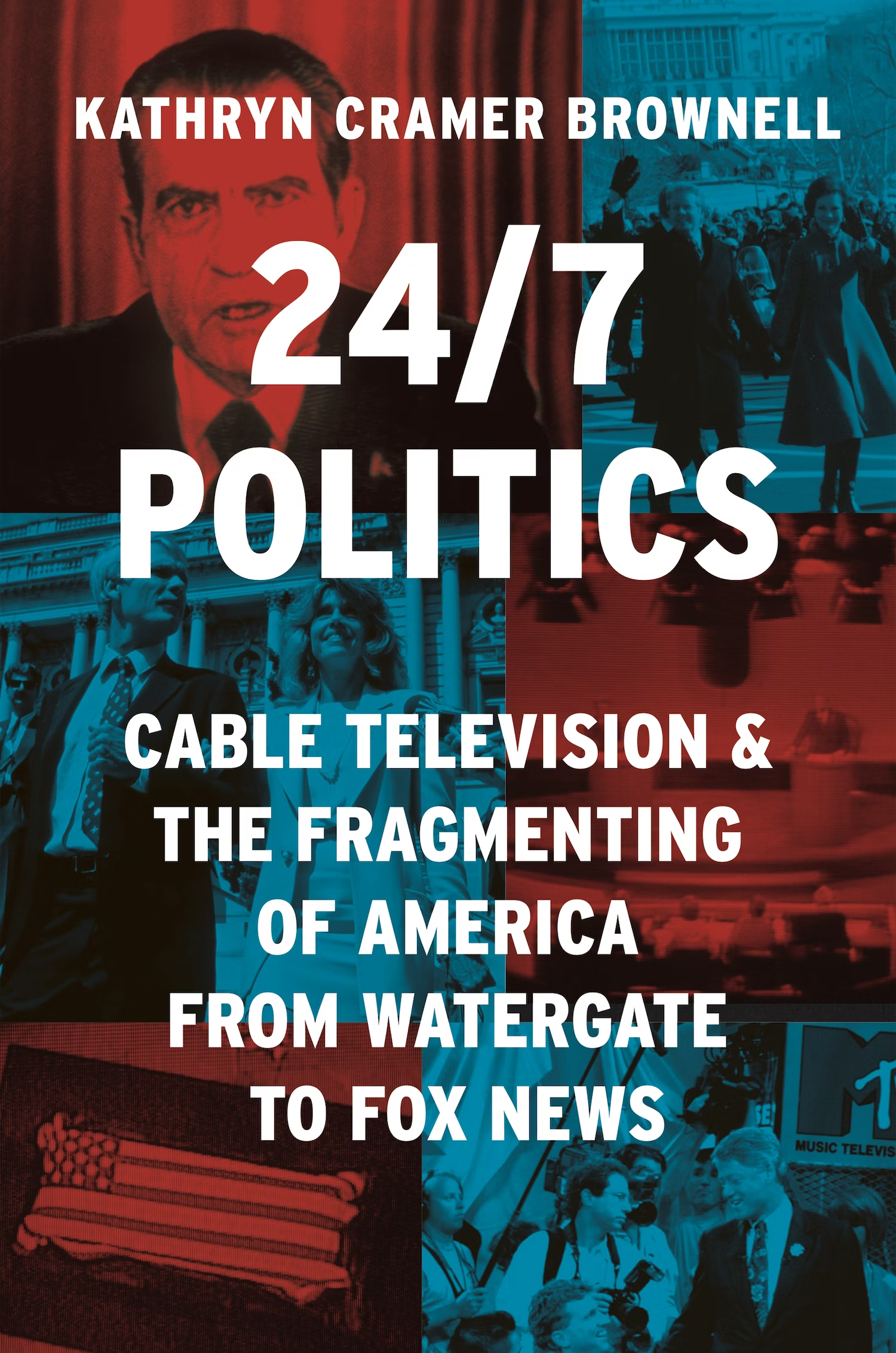After Richard Nixon entered the White House in 1969, the dynamic changed. The new president had an unusual level of resentment for the media, and so he loved the idea of undermining the networks' power. Usually this manifested itself not as an interest in deregulation but as a willingness to use the regulatory state as a weapon: Everything from an antitrust suit to a Fairness Doctrine complaint could be deployed against an insufficiently friendly outlet. But when Tom Whitehead, the head of the new Office of Telecommunications Policy, raised the prospect of allowing more competition in the TV market, Nixon recognized that this too would aggravate his enemies, telling his aide Charles Colson that cable "will really stir them up." (Colson caught on immediately. "We'll really screw these guys," he replied.) Soon Whitehead was working both the hyper-regulatory and the deregulatory sides of the Republican White House's media agenda: a hatchet man who bluntly told TV stations that their licenses were at risk if they were too "biased," but also a policy wonk working to let more broadcasters operate.
Whitehead's biggest deregulatory victory was the Open Skies policy, which allowed more competition in the satellite market. When AT&T and the three big TV networks called for what Brownell calls a "system of regulated monopoly" in orbit, featuring "a few dedicated satellites operated by one or two industries," Whitehead successfully pushed instead for letting pretty much any firm genuinely capable of operating a satellite to launch it. But when he tried to deregulate cable too, his efforts ran aground with the Watergate scandal.
Under President Gerald Ford, several advisers made another attempt to loosen the government's grip on cable, this time without those Nixonian resentments attached. That too went nowhere—allegedly because the idea needed more "research and analysis," but Brownell makes a compelling case that the real issue was Ford's unwillingness to anger the established media during an election year. Presidents Jimmy Carter and Ronald Reagan proved friendlier to cable, and each of their administrations removed legal restraints on the industry's activities.
But the cablecasters' biggest boost turned out to be Whitehead's Open Skies policy. It wasn't immediately obvious just how much of a boon for the medium this would be. But as broadcasters gradually realized that they could distribute programs to cable systems via satellite, the programmers' reach and revenue took off—and so did viewers' options.
